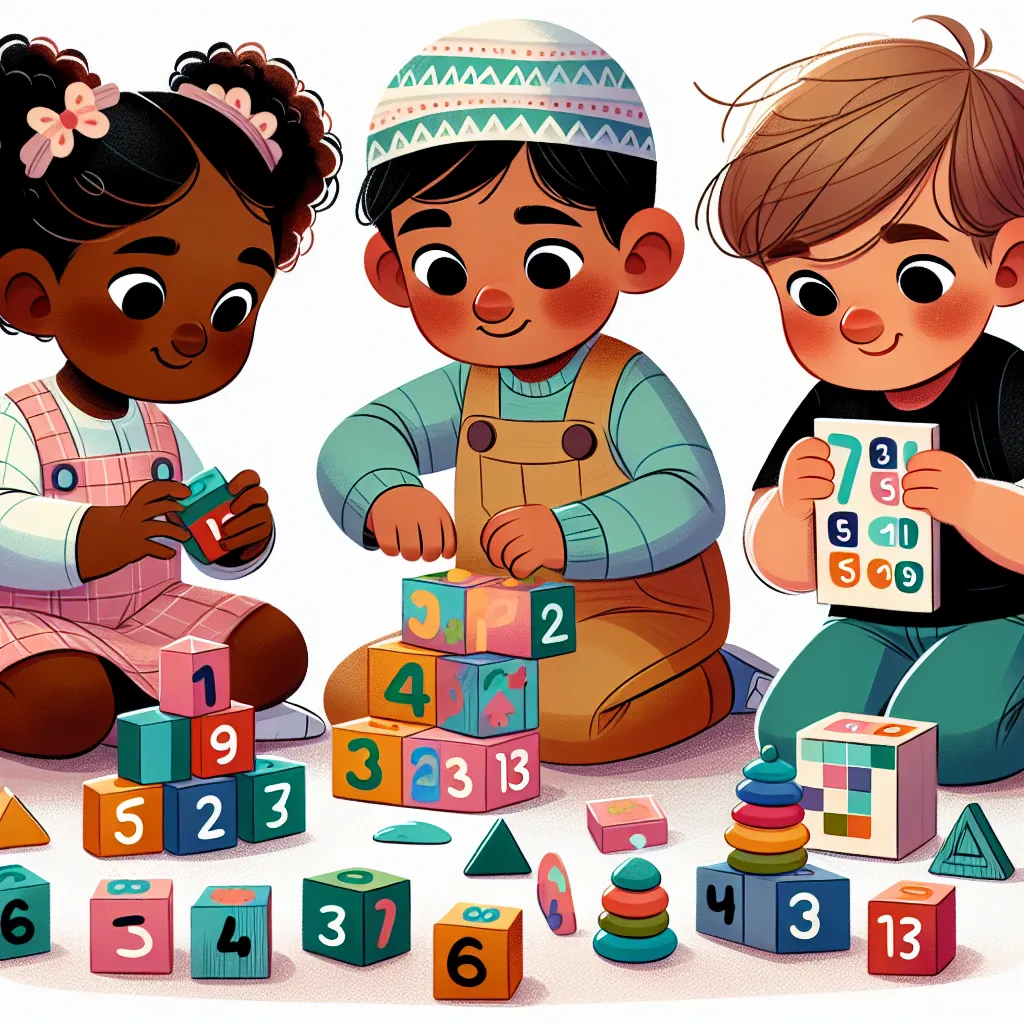Ask AI on The Internet
Question: Play is often referred to as a child’s work, and that it is very important for learning. In a paragraph of 5 to 6 lines, examine the relationship between play and emergent mathematics.
Play is fundamental to early childhood development and serves as a crucial medium for emergent mathematics. Through play, children naturally explore concepts such as counting, measuring, and pattern recognition, which lay the groundwork for more complex mathematical understanding. Manipulative toys like blocks and puzzles enhance spatial reasoning and geometric awareness, while games involving sorting and sequencing foster critical thinking and problem-solving skills. Moreover, play encourages a positive, stress-free approach to learning, allowing children to experiment with mathematical ideas in engaging and meaningful ways. This intrinsic motivation and hands-on experience are vital for developing a solid foundation in mathematics during the formative years.
Think your answer is better than the AI's? Post it below.
Other Most Relevant Posts:
Question Tags
If you want your question answered by an AI, click here.







Post your own comment: